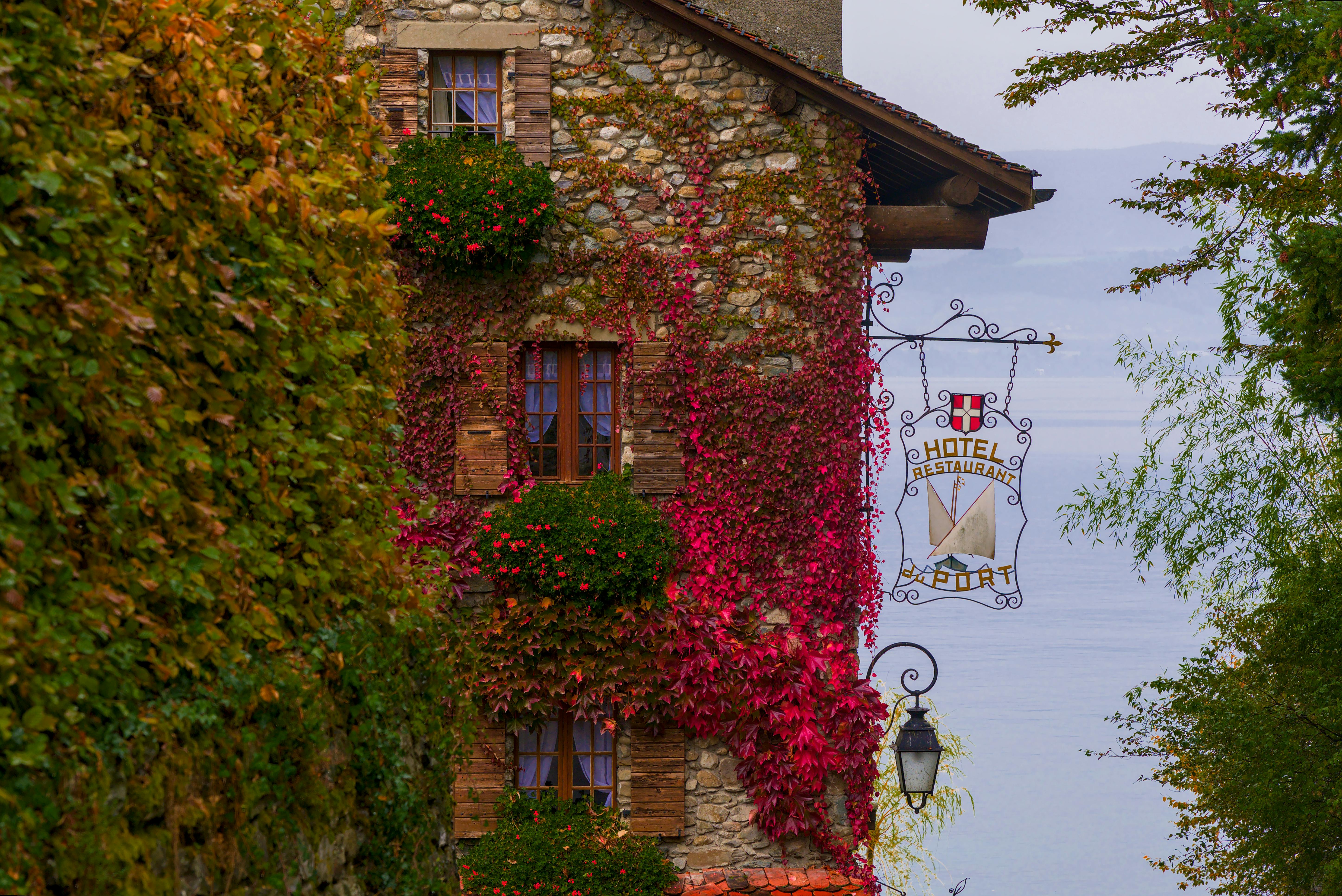Rediscovering the Charm of Heritage Hotels: A Modern Travelers' Delight
The clamor for modernity and cutting-edge technology has undeniably reshaped the travel industry. Yet, amidst the rise of futuristic, tech-driven accommodations, there's a contrasting trend that's quietly gaining traction - the allure of heritage hotels. These timeless architectural marvels have found a special place in the hearts of modern travelers, offering a unique blend of history, culture, and comfort.

A Dive into the Past: The Emergence of Heritage Hotels
Heritage hotels, or historic hotels as they’re often called, were once grand mansions, palaces, or colonial structures that have been repurposed into hotels. They first emerged in the 1970s in Europe, as a response to the public’s growing interest in history and culture. These structures often served as silent spectators to major historical events, offering guests an opportunity to immerse themselves in the past.
Current Trends: The Rising Popularity of Heritage Hotels
Today, heritage hotels are experiencing a resurgence, as travelers seek authentic, immersive experiences that go beyond the typical hotel stay. These hotels often retain their original architectural features and décor, providing a unique glimpse into a bygone era. While they may lack some modern amenities, their charm lies in their historical significance and the stories they hold.
The Appeal of Heritage Hotels: Unfolding the Timeless Charm
Heritage hotels’ unique appeal stems from their ability to seamlessly blend the old and the new. Guests can enjoy the comfort of modern amenities while being surrounded by historical artifacts and architecture. Many heritage hotels also offer personalized services and experiences, such as guided tours and cultural performances, allowing guests to deeply connect with the local culture and history.
Navigating the Challenges: Striking a Balance between Modernity and Antiquity
While heritage hotels offer a unique charm, they also present certain challenges. Preserving the original architecture while meeting modern safety standards can be a delicate balancing act. Furthermore, ensuring guest comfort without compromising the historical authenticity can be tricky. Nevertheless, these challenges often add to the allure of heritage hotels, as they embody the harmonious coexistence of the past and the present.
Fascinating Insights into Heritage Hotels
- Heritage hotels often feature unique architecture from specific historical periods, offering a visual history lesson.
- Many heritage hotels host cultural events and activities, further immersing guests in the local culture.
- Some heritage hotels have played host to famous historical figures, adding to their allure.
The Impact on Travel Culture: A Deeper Connection with the Past
Heritage hotels have significantly impacted travel culture, encouraging travelers to seek deeper connections with their destinations. By staying in these historic structures, guests get a first-hand experience of the region’s history and culture, something that modern hotels often lack. As the trend continues to grow, it’s clear that heritage hotels have carved out their niche in the travel industry, offering a unique blend of history, culture, and comfort.
In conclusion, the rise of heritage hotels reflects the evolving preferences of modern travelers who crave experiences that are authentic and culturally immersive. By unearthing the rich history of these architectural gems, travelers can immerse themselves in a bygone era, all while enjoying the comforts of modern amenities. And as we continue to navigate the ever-changing landscape of the travel industry, it’s reassuring to know that some things, like the timeless allure of heritage hotels, remain constant.




